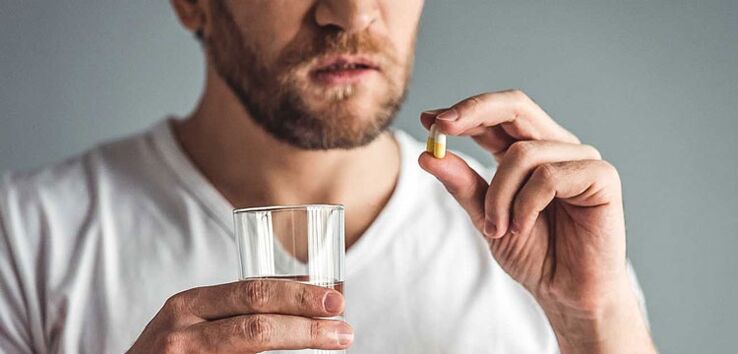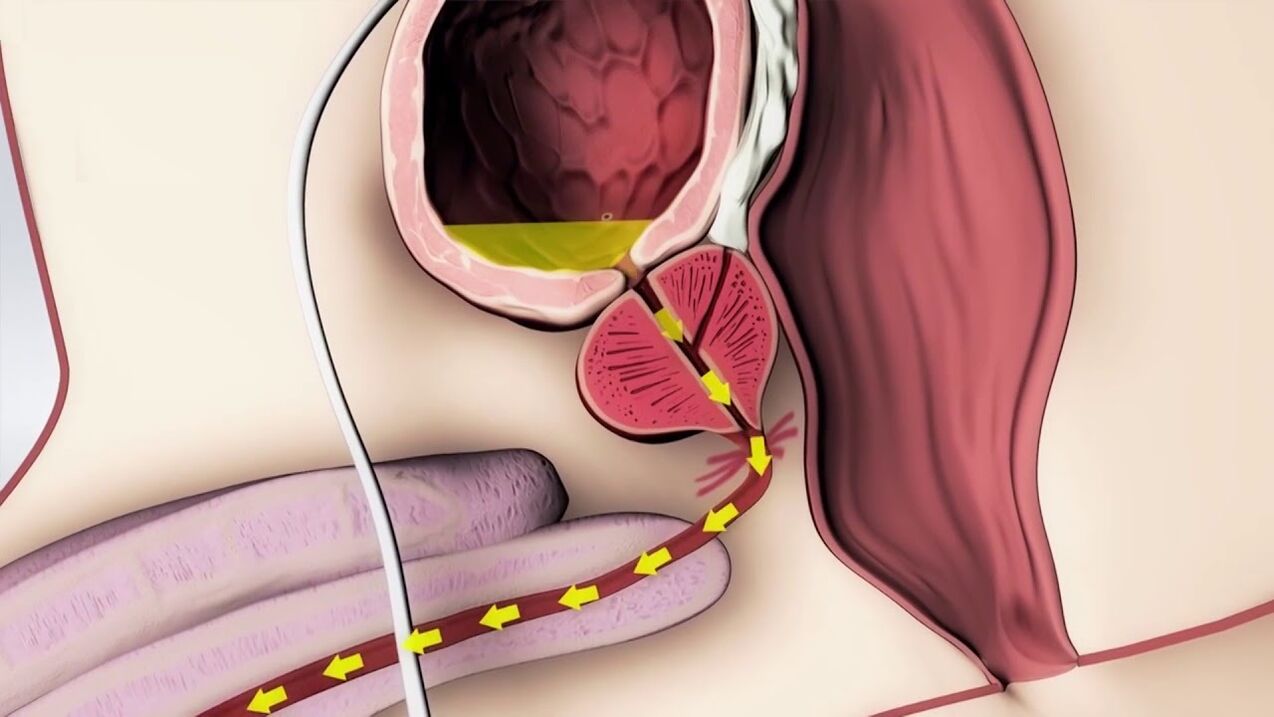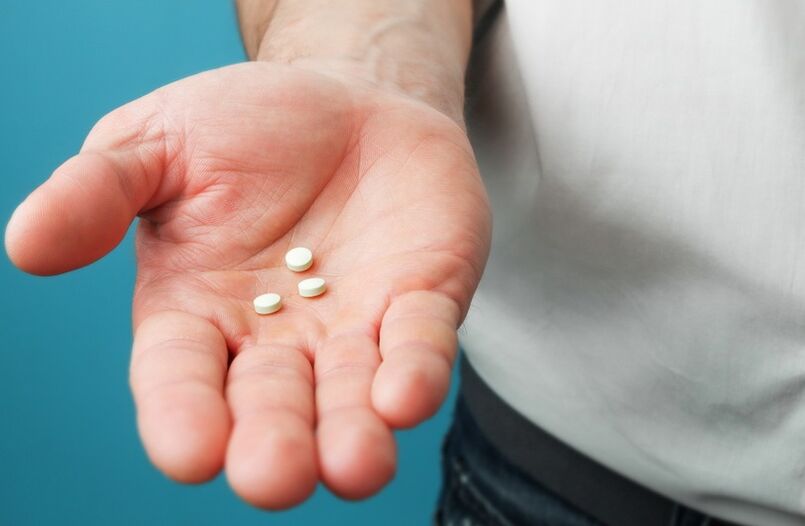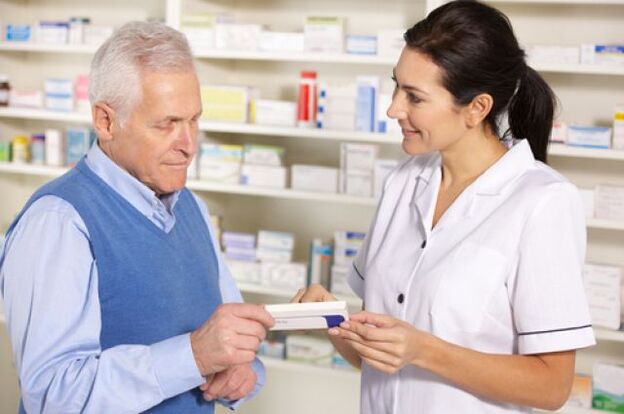Prostatitis is one of the most common urological diseases. If previously the disease was considered age -related, now medical statistics confirm that the disease is "getting younger. "
It is very important to start treatment on time so that the inflammation does not become chronic and does not cause complications.
They help solve this taskpills for prostatitis. . . They help reduce inflammation, edema, restore normal urination and potency.
Which medication will be effective in each case is determined by the doctor based on the following factors:
- disease severity;
- patient age;
- the presence of concomitant pathology;
- contraindications to the use of the drug.

As a rule, pills are prescribed at the first signs of inflammation and become the basis for complex therapy.
Guidance
Funds required for therapy are determined based on test results that explain the nature and form of the disease: infectious or non -infectious, acute or chronic.
Sometimes drugs with a broad spectrum of action are used to eliminate all possible causes and symptoms of prostate inflammation.
Treatment regimen with pills
- Acute infectious prostatitiscaused by Escherichia coli, pseudomonads, Klebsiella, enterococci: antibiotics from the group of fluoroquinols or tetracyclines, with a complex course - cephalosporins. If the disease is complicated by a concomitant genital infection, additional specialized treatment is prescribed.
- Prostatitis is not contagious: symptomatic medication to relieve swelling of the glands, urethral spasm to normalize fluid outflow and relieve pain.
- Chronic infectious: antibiotics for two weeks.
- Latent prostatitis: antimicrobial agent for 14 days.

Types of pills for prostatitis
Prostatitis cannot be defeated with self-medication, therefore, if symptoms appear, you need to see a doctor to get a competent therapeutic regimen.
For a comprehensive solution to this problem, doctors do not prescribe one type of medication, but several that affect the cause of the disease and have short -term effects.
Antibacterial drugs
Antibiotics are the basic treatment for acute and chronic infectious inflammation:
- Penicillin. . . Need to take into account their side effects, which are manifested in the form of allergic rashes, headaches, tinnitus, lethargy and fatigue.
- Fluoroquinols, which is effective in chronic form.
- Tetracyclines. . . There are contraindications for patients with leukopenia and kidney disease.
Nonsteroidal anti-inflammatory drugs (NSAIDs)
They are shown to relieve active inflammation and severe pain in the lower abdomen and perineum. Antispasmodics and muscle relaxation not only improve patient well -being, but also increase blood flow in the prostate, stimulating fluid outflow.
They are effective in chronic prostatitis, but they are contraindicated in people with myasthenia gravis, gastric ulcer. May cause allergies.
Analgesic
If a patient experiences severe paroxysmal pain, the doctor prescribes analgesics in certain doses so as not to cause side effects, the list of such medications is impressive.
Alpha blocker
These tablets are used in almost all cases to treat inflammation in the glands. They relax the muscles of the bladder neck and urethra for better fluid drainage.
Used for long courses.
Immunomodulator
They aim to stimulate the body’s own defenses - cellular and humoral immunity, which are involved in fighting the inflammatory process. They are prescribed for acute and chronic prostatitis.
Herbal medicine and homeopathy
A fairly popular method of treating inflammation in modern practice, if you need to avoid the intake of antibiotics and other synthetic drugs.
Herbal and homeopathic remedies have practically no side effects and are relatively safe for health.
Chinese medicine
This is a medicine marketed as an alternative Chinese medicine, plant -based and safe for health.
They are not sold in pharmacies, but are available in online stores.
Before using these medications, you must consult with your doctor about their safety and effectiveness.

A new generation of drugs
Pharmaceuticals do not stop and offer new drugs for the treatment of prostatitis, which are more effective and have minimal side symptoms. Their peculiarity is the rapid penetration into the glandular tissue and the cumulative effect.

Additional funds
In addition to the basic funds, pills are used for the treatment of prostatitis, which has an additional effect. The following are useful to drink with inflammation:
- drugs to reduce edema and stimulate secretion;
- agents that have a bacterial effect on glandular secretions, normalize the balance of leukocytes, relieve swelling;
- drugs that affect PSA indications;
- drugs to correct urodynamics based on creeping palm extract;
- pumpkin seed oil -based medicine to reduce dysuretic symptoms in the early stages.

Disease prophylaxis pills
To reduce the risk of prostate disease, you need to lead a healthy lifestyle.
Advised to abandon bad habits, play sports, eat properly, avoid hypothermia and stressful situations.
In addition, to prevent, men can drinkspecial medicine course. . .



























